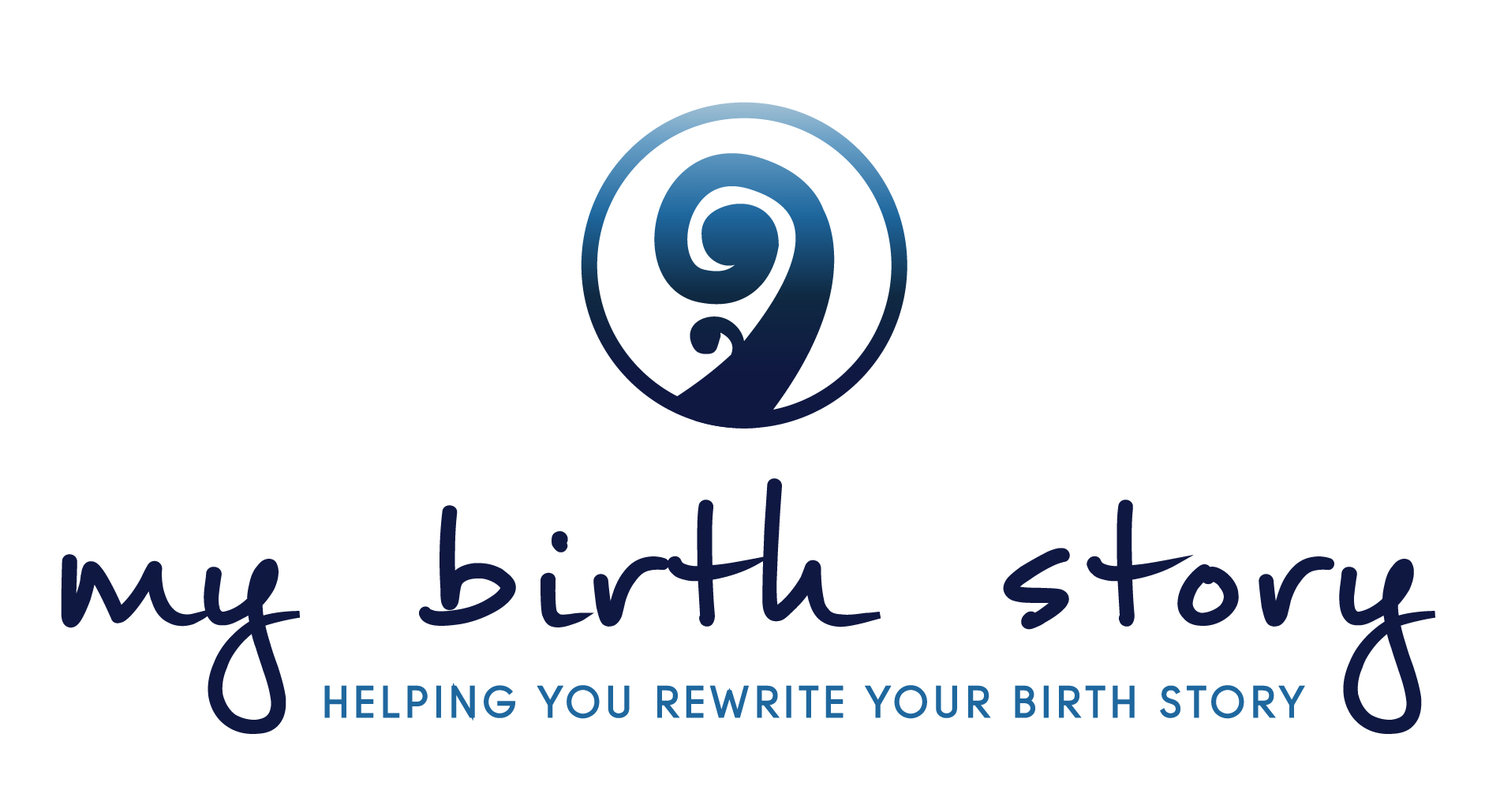What is birth trauma?
Birth trauma means different things to different people - only YOU get to decide if you've had a negative or traumatic birth experience. Only YOU get to define what birth trauma means to you.
Image/MollyWhuppie
Common experiences for those who've had a traumatic birth can include (but are not limited to):
Unexpected interventions
Unexplained or un-consented interventions
Being treated rudely or disrespectfully
Not being heard or your requests ignored
Fearing for your own, or your baby's, life
Complete loss of control
Extreme pain and/or exhaustion
Fear and confusion
Malpractice
Being provided misinformation
Physical injury - of yourself or your baby
Baby needing time in NICU, SCBU or NNU
Baby loss
Discrimination or disrespect due to ethnicity, sexual orientation, gender, religion, family make up, disability, birth philosophy
Simply not getting the birth you wanted
How does birth trauma impact?
Having a negative or traumatic birth experience can impact a person in many different ways. Some of these are profound and far-reaching.
Birth trauma can impact:
Bonding with baby
Breastfeeding success
Relationships with spouse/partner/family
The development of anxiety, depression, general distress
The development of Post-Traumatic Stress Disorder or Obsessive-Compulsive Disorder
The development of hyper-vigilance
Confidence in parenting
Physical health
Birth trauma can impact in other ways – the impacts of the birth can be very different between different people as no person, or their experience, is the same.
If you feel like you've had a negative or traumatic experience around your birth then that feeling is real and it is valid. Take a look at our Strategies page to find suggestions for processing and healing your experience.

